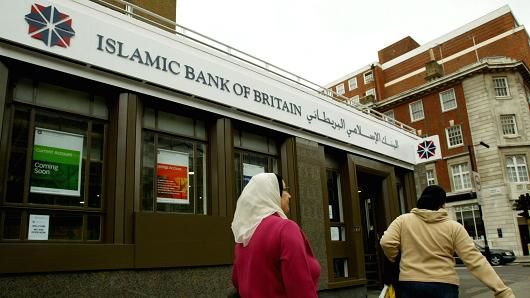
Islamic finance refers to the means by which corporations in the Muslim world, including banks and other lending institutions, raise capital in accordance with Sharia or Islamic law. It also refers to the types of investments that are permissible under this form of law (according to Investopedia). Traditionally, this type of finance has been predominate among Muslim-majority countries in the Middle East and Southeast Asia though experts now say that things are opening up to the rest of the world. According to Dealogic data: “Buoyed by the perception of more tranquil market conditions and an improving regulatory backdrop, issuance of Islamic debt by non-Muslim countries is set to climb to a three-year high in 2017.”
In 2017, the value of sovereign sukuk (or Islamic bonds) issued outside the Middle East and Southeast Asia by non-Muslim countries reached $2.25 billion – which is higher than 2016’s $2 billion and more than double the $1 billion recorded in 2015. (Per Dealogic’s findings).
Islamic finance is seen as a more stable alternative to the conventional banking system and appeals to more conservative borrowers who are still concerned by the volatility in global bond and equity markets when the U.S. housing bubble burst. Experts say that the Islamic finance sector’s growth-rate is expected to expand further to $3.5 trillion by 2021 as countries and companies look for alternative funding sources, and tap a larger pool of investors.
“Heightened appeal for sustainable and responsible investing could also be driving the growth for Islamic finance due to the commonalities in values and shared principles,” says Ruslena Ramli, head of Islamic finance at Malaysian credit rating agency RAM.



